Regeneration and Renewal
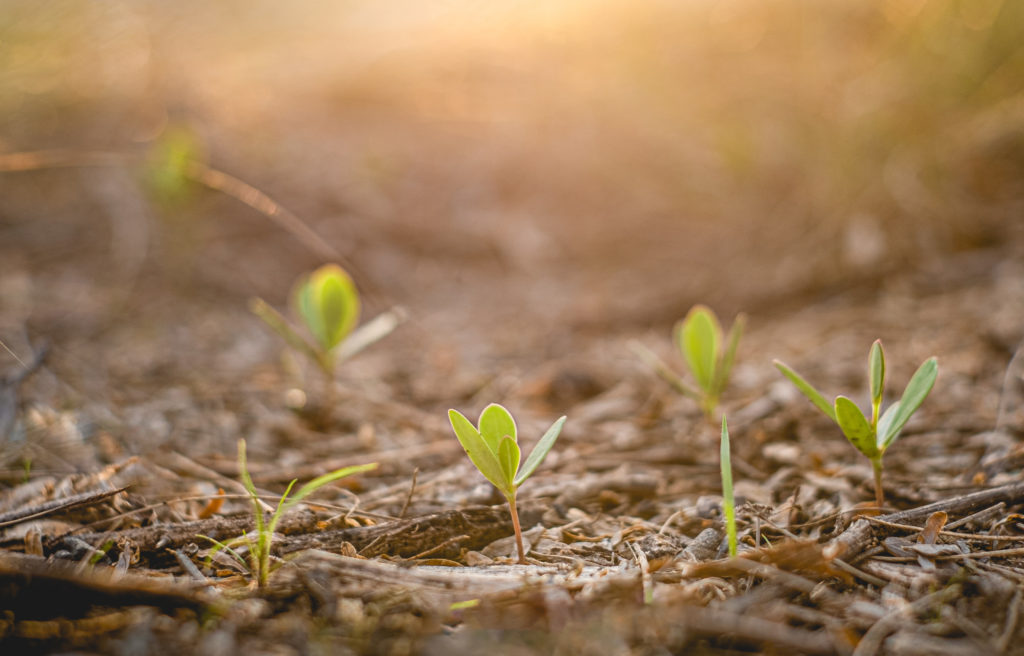
A mentor of mine often shares a simple yet humbling notion: “An organized lie is more powerful than a disorganized truth.” It’s in that spirit that I invite you to join us in reflecting on a couple of questions: First, what does ‘regenerative’ mean to you? And what would a regenerative food system look like? This […]
Changemaker Profile: Renard Turner and the Central Virginia Agrarian Commons

A Q&A with Renard Turner, co-owner and operator of Vanguard Ranch and founding board member of the Central Virginia Agrarian Commons.
Give the Gift of the Commons
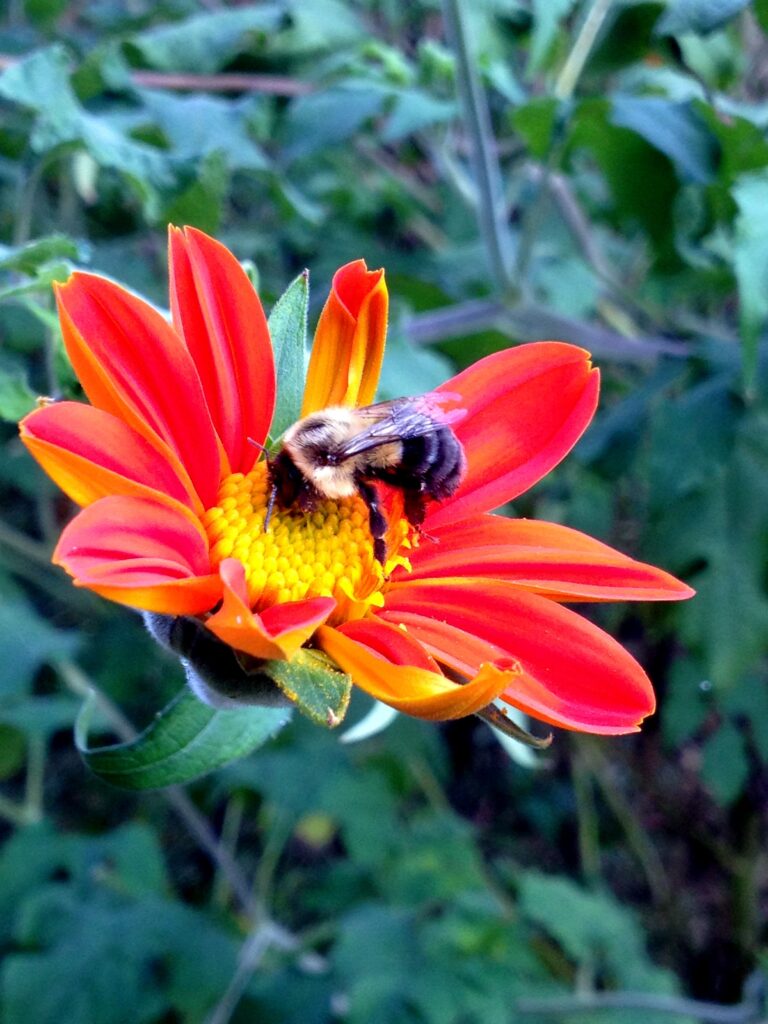
As 2022 draws to a close, we want to take a moment from the bustle of the season to reflect on some of these successes, and to share the work that still needs to be done.
We ask that you consider the variety of giving options Agrarian Trust provides, including our Alternate Gift Catalog, the Caring for the Commons Fund, and the ongoing fundraisers in Maine, Southwest Virginia, and Central Virginia. With your help, we can chart a new path for land ownership in the United States.
The Global Roots of Community Land Ownership
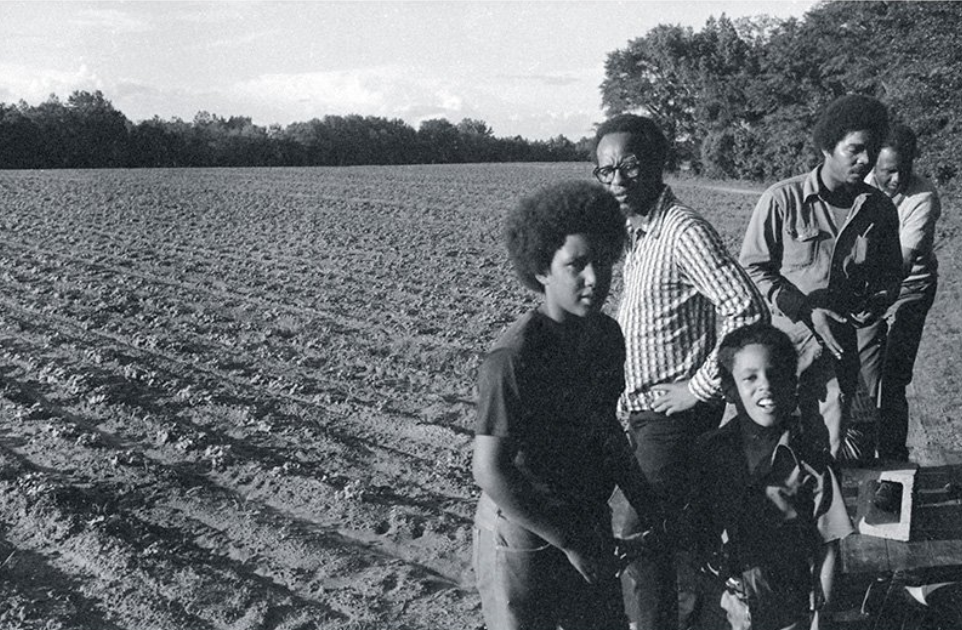
A CLT, according to Center for Community Land Trust Innovation, “is a nonprofit corporation that holds land on behalf of a place-based community, while serving as the long-term steward for affordable housing, community gardens, civic buildings, commercial spaces and other community assets on behalf of a community.” Like the Agrarian Commons, CLTs are based on the premise that land should be held and managed for the benefit of local communities.
Global Spotlight: Community Land Scotland
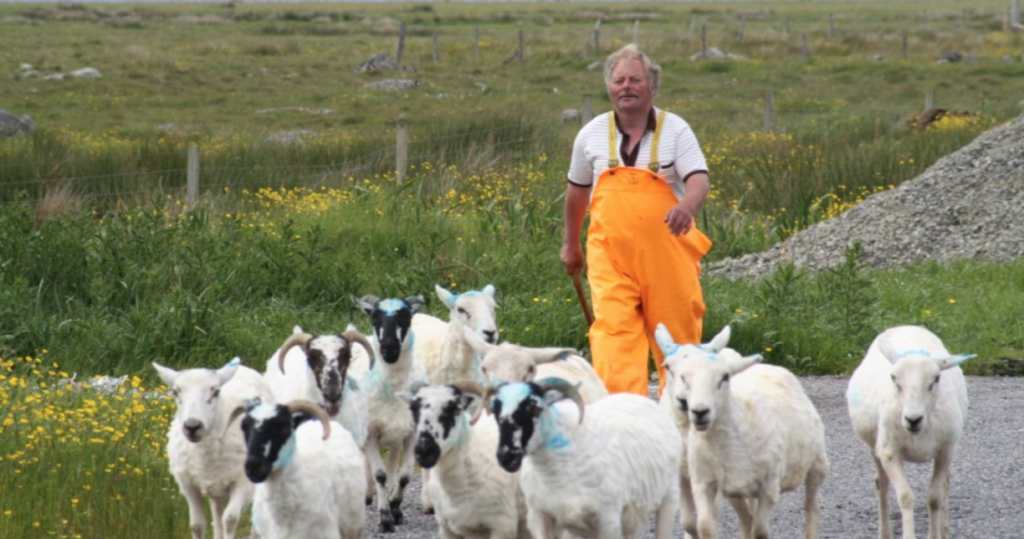
The Agrarian Trust is just one of many organizations across the world dedicated to the advancement of community control of the land. In Scotland, state-level land reform and grassroots organizing have led to the widespread practice of community land ownership. In 2010, Community Land Scotland (CLS) was founded to act as a shared voice for community landowners in Scotland and to provide support for communities as they navigate the complex world of purchasing and managing land as a community body. Today, its members “manage 560,000 acres of land, home to some 25,000 people.” As models like the Agrarian Commons gain traction in the United States, it is worth studying the examples of our global partners. CLS deploys a compelling mix of policy work, training, and networking opportunities to support community land ownership in Scotland.
Envisioning the Future of Black Seed Agroecological Farm and Village
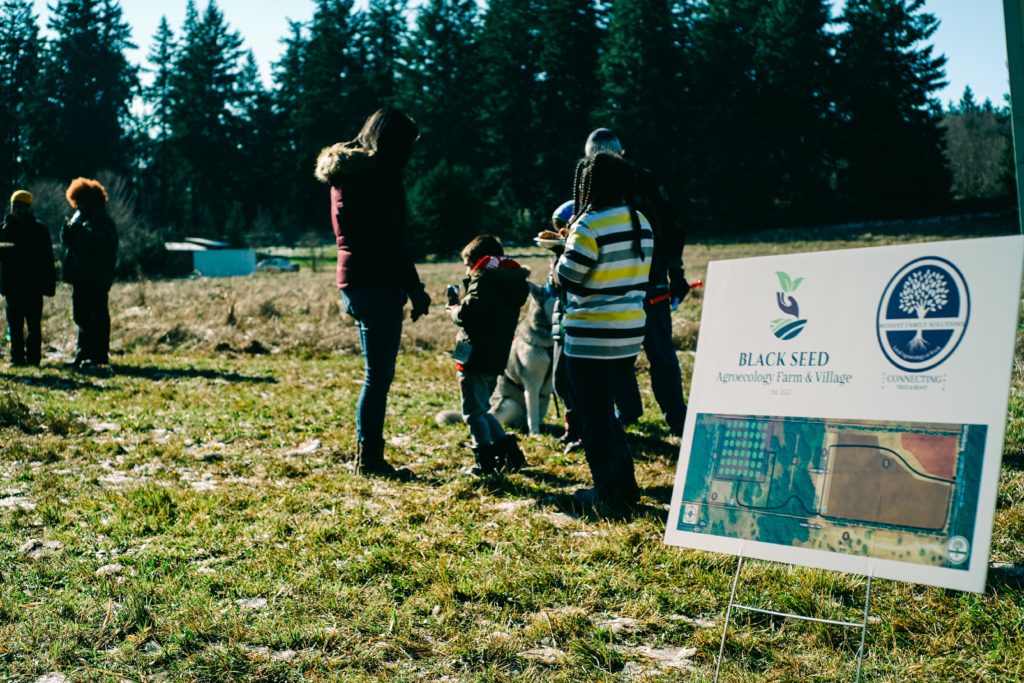
Black Seed Agroecological Village and Farm is still in the beginning stages of development. As is the case with most new farming operations, there’s a lot of work that needs to be done before the farm can begin operating at full capacity. New fields need to be cultivated, perennials planted, and new buildings constructed. Turner is currently working with the Washington State Department of Agriculture to define water rights on the farm, and to identify the source of surface water that covers part of the land.
Ensuring Donated Land Gets Managed Equitably
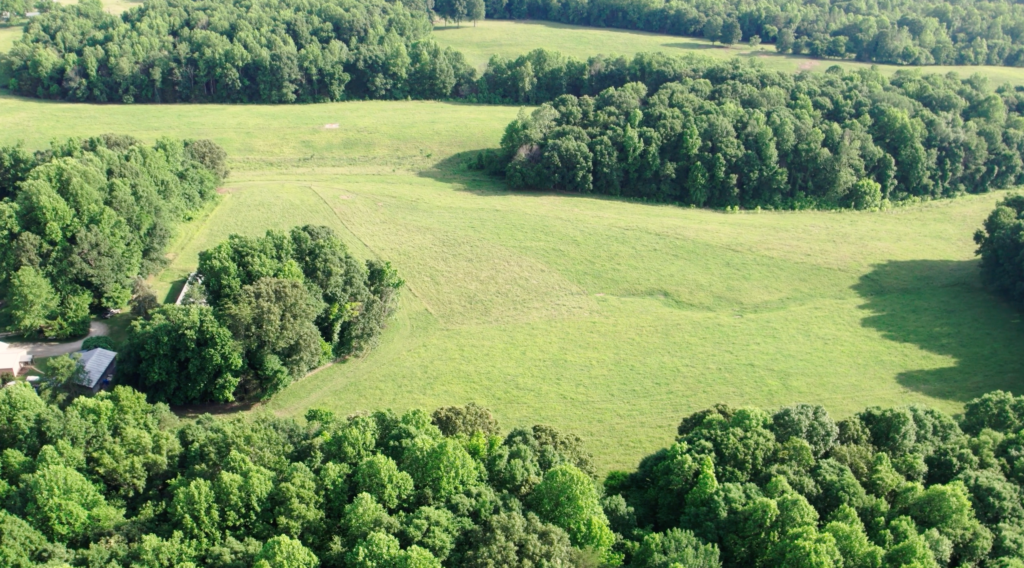
For Callie, successfully conserving agricultural land with issues of racial equity and environmental sustainability in mind took a lot of time and plenty of careful planning. After inheriting the land in 2015, Callie enrolled in classes at the local college and attended conferences on biological farming in search of farmers who shared her vision. Callie found a number of farmers who were interested in working the land, but only one couple was able to make a long-term commitment. Finally, after years of looking for a good fit, Callie and her husband found the Agrarian Commons model.
The Agrarian Commons, Land Stewardship, and the Racist History of Land Conservation

As a land conservation organization, it is important for Agrarian Trust to grapple with the racist history of land conservation, and to imagine new models of land stewardship rooted in racial equity and active care for the land. The Agrarian Commons model is a clear step in this direction.
La Via Campesina
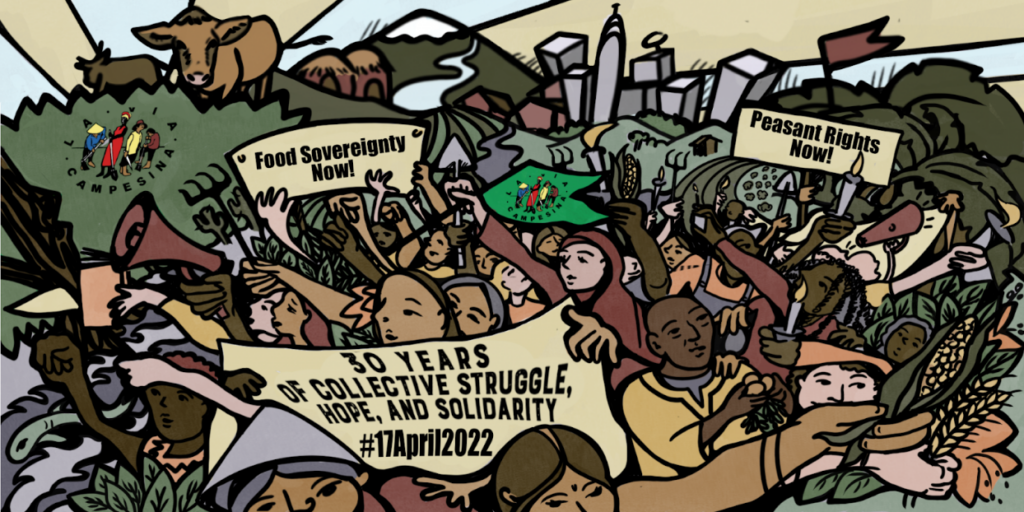
La Via Campesina coined the term food sovereignty in 1996, against the background of an increasingly globalized food system, which heavily favored large agribusinesses over small-scale farmers. The World Trade Organization (WTO) pressured countries to dismantle their local agricultural system, to lower prices, and become competitive on the global market. In order to drive labor costs down, farming became increasingly centralized, driving peasants and Indigenous people off their land at unprecedented rates. Aggressive copyright law and genetic engineering by large agribusinesses robbed peasants of their seeds, rendering them reliant on a volatile global market of pesticides and genetically modified organisms (GMOs). Cheap produce flooded local economies, destroying the livelihoods of farmers who were unable or unwilling to compete.
What can we learn from Deshee Farm? A Visual History
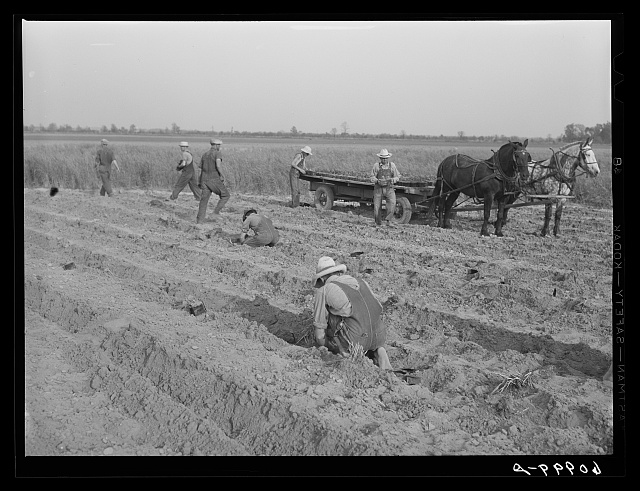
While farms like Deshee failed to take hold in the United States and had significant limitations, its story serves as a reminder that the privatized corporate farming that dominates U.S. agriculture was anything but inevitable. Grassroots organizing by tenant farmers played a key role in securing innovative, state-funded programming whose scale and vision matched the needs of the moment. Had there been more resources to fund similar efforts and more time and autonomy for the members of RA farms to develop the necessary institutions and cultural practices to effectively govern their shared resources, we might have been living in a different, more cooperatively focused world.